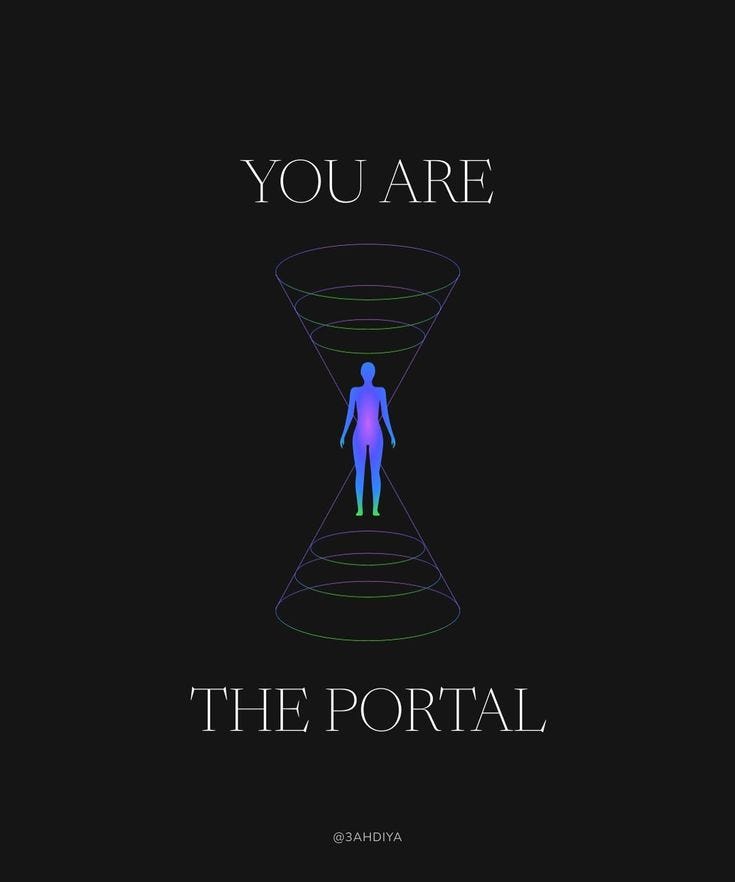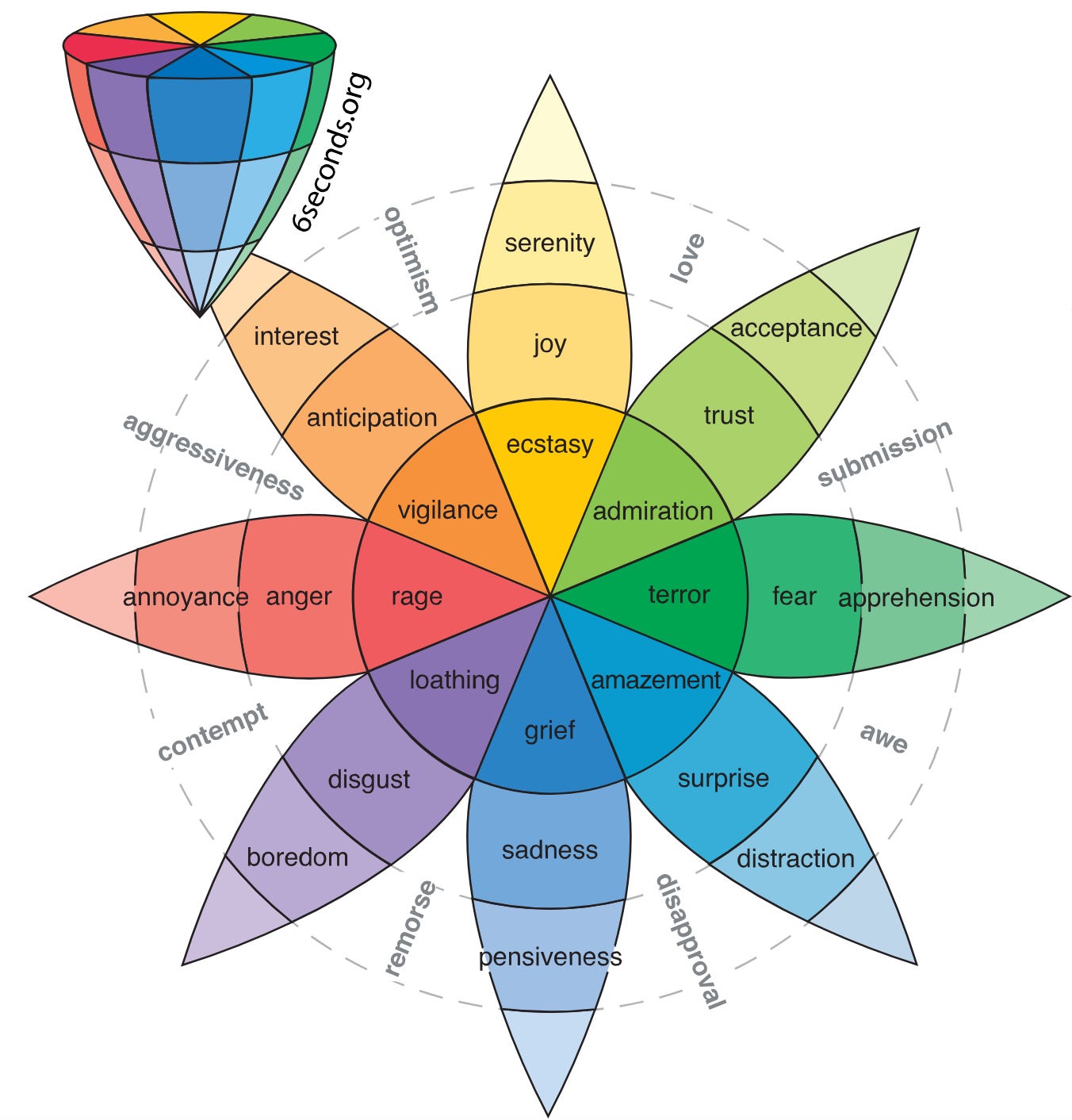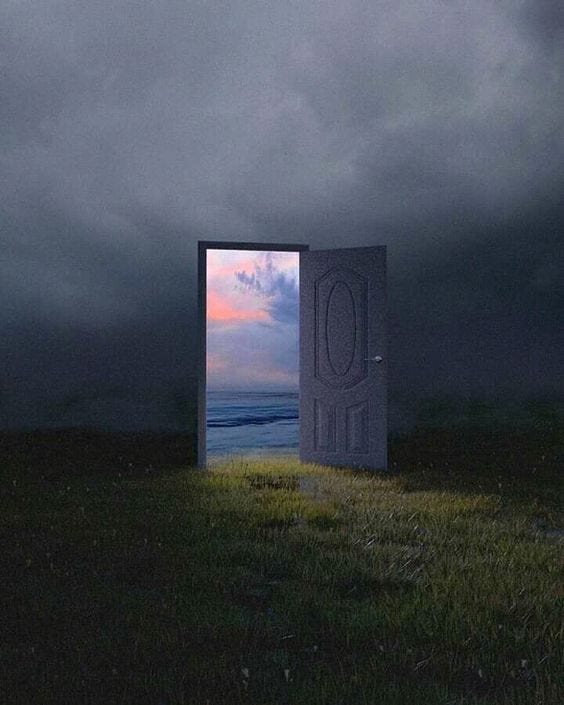Giving yourself permission to grieve
the only way out is through
I learned to give myself permission to grieve after grief gave me no choice.
It brought me to my knees, and no matter how hard I fought it, I could not get up. So, — exhausted from the fight — I surrendered. And I realized that on my knees was the best posture to pray, and to let it all go.
After experiencing the back to back deaths of two friends, my sister, and my dad, I had no choice but to surrender to grief. There was nothing I could do to stop the flood. Because I had no choice but to grieve, I grieved deeply. I let myself touch the bottom, and I discovered that no matter how far down into grief I go, I always, always come back up for air eventually.
I learned that even though grief feels like it will be eternal, the truth of it is that it is temporary. The truth of the Universe is that everything changes. The nature of nature is change. Change is the only constant.
Knowing this — believing this — helps me give myself permission to grieve.
On one of the most difficult days of my grief, a day I felt utterly swallowed up by sadness, I came to a haunting realization: The unwillingness to grieve is a cultural phenomenon that is keeping people sick and sad.
People rely on unhealthy coping mechanisms because grief feels too hard to bear. Grief is so painful, people don't want to be present for it. They don't want to feel it, so they reach for things that help them avoid the feelings, numb the feelings, or distract themselves from feeling.
I wish that people remembered that nothing in this Universe stays the same. Except for the everlasting love and presence of God, there's nothing else eternal in this world.
You must remind yourself of this when grief knocks at your door. I know it feels like if you open the door, it will stay forever. Do not believe this feeling. Remind yourself that the visit is temporary. It’s temporary, like all things in this life. You don't have to force it out, it will leave on its own.

Emotions are not meant to be kept inside of you. They are meant to be felt. They are meant to travel through you, temporary visitors simply passing through.
Repressed emotions are those which don’t get processed and are pushed into the subconscious. Learning how to express grief is important because if emotions are not expressed, the feelings will continue to exist within.
When we continually keep painful emotions inside, they can have detrimental physical and psychological effects:
If you’ve ever had a deep tissue massage, you’ll know how stress can manifest itself in the tightening of muscles. Suppressed emotions stay in the body. The effects of suppressed emotions include anxiety, depression, and other stress-related illnesses. Such suppression can lead to alcohol and substance abuse. (Read more about the link between childhood trauma and addiction here.)
Individuals often suppress what they perceive to be ‘negative’ emotions as a way of avoiding distress. But continual emotional suppression requires effort and eventually this ‘effort’ can take its toll. The effort increases sympathetic nervous system activity which can have unhealthy consequences. — Claudia M. Elsig, MD
Painful emotions are an inevitable part of being alive.
Every single human being, across space and time — past, present, and future — will at some point in their lives experience emotional distress. There's not a single living person who is exempt. Knowing that grief is part of our destiny on this planet, I give myself permission to experience it because … it is part of my experience. There's no way out of it. As much as I tried (and tried and tried) to convince myself that I could avoid coming face to face with grief, the reality is that I could not. I cannot.
Studies have found that there are at least 27 distinct varieties of reported emotional experiences. I like to think of all the human emotions existing on a spectrum. On one end of the spectrum are the feelings we typically label as “negative” — emotions that are painful, unpleasant, and uncomfortable. On the other end of the spectrum are emotions we typically associate with “positive” feelings — those that please the senses, the ones that make us feel good.
The habit of repressing grief limits your ability to move yourself along the spectrum. When you close your heart in an attempt to keep grief out, grief can’t get in, but neither can anything else. The other feelings that are trying to pass through you get turned away at the door.
The biggest gift that has come from grief is that it's allowed me to feel more of the feelings that feel good. It increases my ability to make my way to other end of the spectrum. I'm in a practice of letting myself be moved deeply, and this applies to the pleasant feelings, too — the ones that make me feel so lucky and glad to be alive.
Since giving myself permission to grieve, my gratitude has become more profound. My ability to drop into presence has become strengthened. My capacity for pleasure increased tenfold. I feel more compassionate. I feel profoundly aware of the goodness that exists. I take no small moment of contentment for granted.
Drowning is what made me realize how good it feels to float.
Grieving fully is one of the most painful, most courageous things a person can do.
Having gone through a truly excruciating journey with grief, I can attest to how difficult it is. And I learned that when you are faced with hard work, you must lean in to ease. You have to create balance in your life so that when you touch the bottom, you know what you're coming back up to.
Now, every time I find myself at the threshold of another grief portal, I enter willingly because I am confident that on the other side, I will be walking into a portal of leisure, rest, pleasure, and ease.
I know because I designed my life that way.
Grief compelled me to make feeling good non-negotiable.
Because grief is not optional, joy cannot be optional either.
Because hardship is not optional, ease cannot be optional either.
Because pain is not optional, pleasure cannot be optional either.
Grief taught me to be disciplined about feeling good. I don't know when grief is going to call my name again, but I know for a fact it's going to call. And so I spend every day of my life preparing myself to meet grief again.
The way that I live is a proactive coping strategy for the inevitable grief that will continue to knock at my door until the end of my life.
I am intentional about infusing my life with as much beauty and peace and enjoyment as humanly possible. Because when that’s my baseline, there's less resistance to grief. There’s no denying that It’s harder to do hard things when hard things are all you’re doing. If I didn’t have a well-curated, beautiful baseline as my default setting, I wouldn’t be able to tolerate grief.
Creating a beautiful life is a survival strategy. It gives me a reason to be patient through grief. It gives me a reason to stay.
Here are some practical tips to help you open yourself up to grief:
Give yourself alone time. Grieving can be a very messy process. I noticed that sometimes it feels like a private affair, it's so big that I need as much room as I can get. when I am alone with my grief, I am able to really let it out without self-consciousness. I'm able to focus fully on the feeling, instead of anyone else's perceptions.
Scream. Go somewhere you can be unheard (your parked car, a remote part of the closest forest, the house when no one is home) and yell into the void. Grief is meant to be expressed through the body and the voice. Moaning, screaming, wailing — all of it helps move the grief up and out of you.
Know that not everyone can hold it with you. Find the ones who can. It is profoundly healing to be able to externalize your grief and be witnessed in it without somebody trying to make it go away. Not everybody has the capacity, the willingness, or the skillfulness to hold your grief with you. Most people will jump straight into silver-lining, into “everything happens for a reason.” If I had a dollar for every time someone told me “don’t cry,” I could pay for both of our therapy. If you have people in your life who can stay while you weep, count yourself as one of the lucky ones. And rely on them.
If you are grieving, I invite you to take a moment now to breathe. Know that you are seen, that your feelings are valid, and that you are allowed to take up space with your emotions.
You — and all you’re coming with — are welcome here.
Heartache is a part of the journey of what it means to be alive. Grief helps us access our aliveness, through and through.
I like to imagine that my Soul signed up for the human experience. Before I chose a body and took form on Earth, I agreed to this wild adventure called life — with all the joy and the pain, with all the beauty and loss, the miracles, and the suffering.
In the depths of my grief, this thought anchored me.
It didn’t make it hurt less, but it did help me see there is nothing wrong with experiencing grief fully, and deeply.
And though it is hard to say yes to grief — feeling the grief is the first step in softening it, healing it, transforming it.
There really is no way out but through.
With love,
— Jamila






I love when the universe be like "here you go" and passes along gems like this. I led my grief group last night and we always come back to the conversation of grief being so hard to navigate and how it can feel easier to block yourself off from it entering. I feel like I'm old and new with my grief in many ways, but I learned the hard way that keeping it in and ignoring it does more damage than good. I love what you said about creating a good life as a baseline as another way to help you be patient with the grief when it arrives.
There's a lot of good things I pulled from this for my own relationship with grief, but I'm also sharing it with the folks in the Saddie Baddie Grief Gathering space, because they need to hear this too. So many people need to hear this. Thank you!
Your writing is always right on time, Jamila!